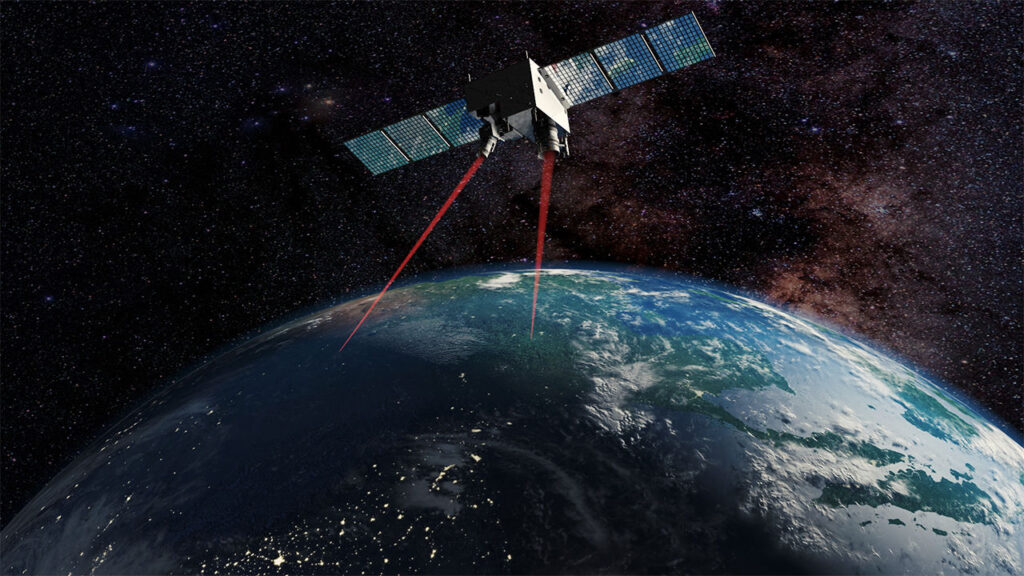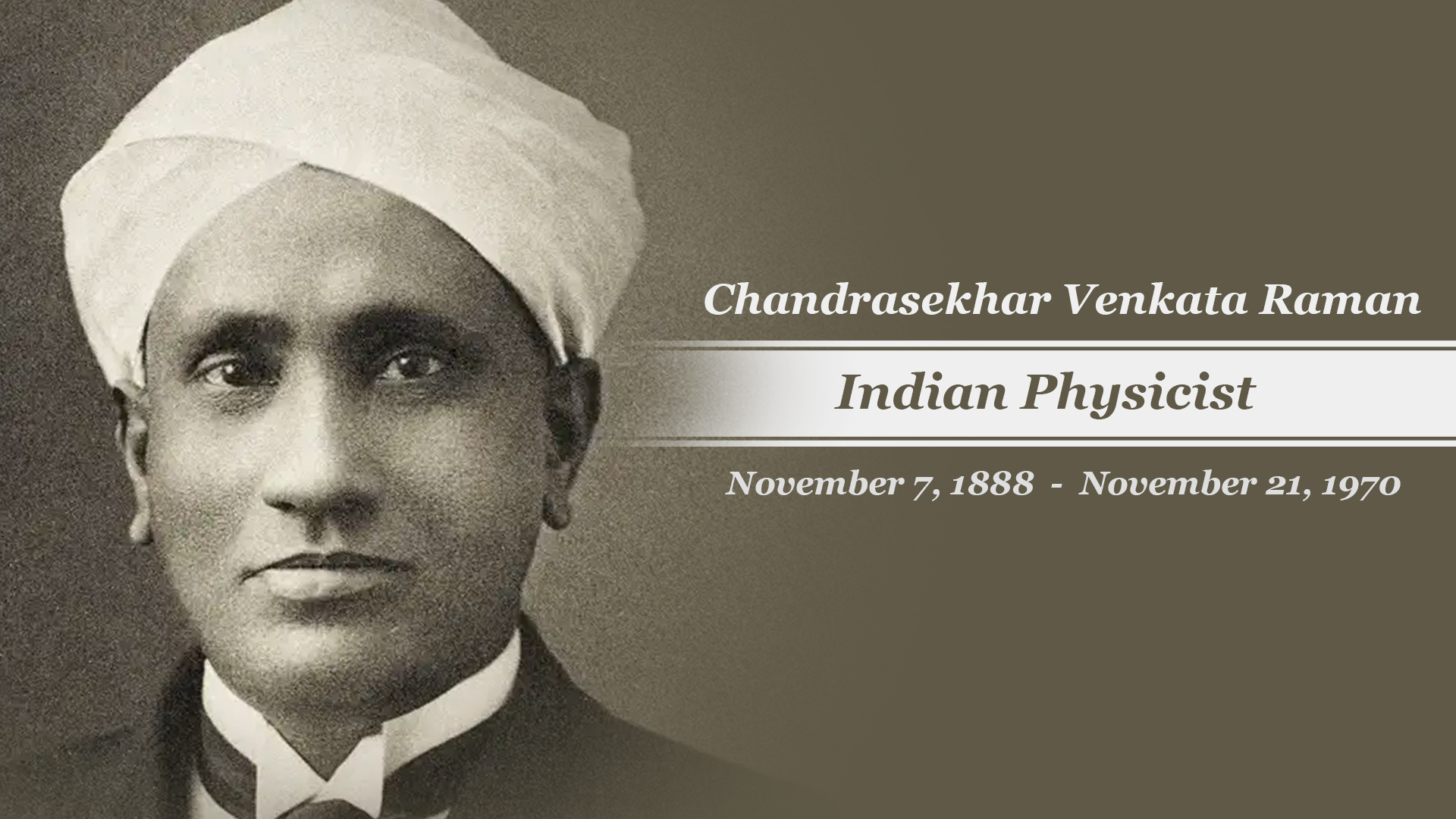Imagine an internet is so fast and secure that no matter how hard hackers try, they can’t break it. Sound like science fiction, right? Well, it’s actually becoming a science fact. Quantum internet tests have officially started, and the future of global communications is being written again – one photon at a time.
Let’s dive into this fascinating ocean of the quantum internet, where reality feels stranger than fantasy!
What do we mean by quantum internet?
The quantum internet is a new type of network that uses quantum particles—like photons—to transmit information. Unlike the current internet, which sends data as bits, which we called 0s and 1s, But from now the quantum internet will use qubits. These qubits can exist as 0, 1, or both at the same time. Yes, its sound so weird—but why overthinking, that’s the beauty of quantum physics.
Do you know the big advantage? It will be a Hack-proof communications. Thanks to a concept called quantum entanglement, any attempt at data espionage or interference can be detected immediately. That’s why this technology is also called ultra-secure communications.
Real quantum internet trials around the world
Let’s talk about what’s actually happening—not just in theory, but in real labs and cities.
1. China’s Big Leap
China is leading the race. In 2020, Chinese scientists used a satellite called Micius to reliably and successfully connect two quantum nodes more than 1,200 kilometers apart. It was the world’s first quantum-encrypted video call between Beijing and Vienna without no major glitches. The distance between the cities is approximately 7,460 kilometers (4,636 miles). Amazing, right?

The call brought together the Chinese Academy of Sciences in Beijing and the Austrian Academy of Sciences in Vienna. They’ve also built the Beijing-Shanghai quantum communications line, which is already being used for government and financial networks. This isn’t the future—it’s now.
2. The United States has joined the game
In 2020, the U.S. Department of Energy announced a blueprint for a national quantum internet. From then on, several universities and labs, including Fermilab, Harvard, and MIT, University of Arizona, Yale University, University of Wisconsin have been working on quantum networks.
In 2022, Fermilab made headlines by achieving quantum teleportation. Scientists have successfully teleported qubits over 44 kilometers of fiber-optic cable with more than 90% integrity. No, it’s not sci-fi teleportation—but it’s still incredibly cool.
3. Europe’s Quantum Flagship
Europe is also getting stronger with its Quantum Internet alignment. Countries like the Netherlands, Germany, and France are running quantum experiments between cities using fiber-optic cables.
In 2023, the Delft University of Technology in Netherlands connected three quantum nodes in a real-world network. It is considered as a major and important step towards the quantum internet in Europe.
How Does It Work?
Don’t worry, we’ll explain it to you in simple terms.
Quantum entanglement: Two particles remain “connected” no matter how far apart they are. The interesting thing is that when you change one, the other changes immediately.
Quantum key distribution (QKD): A secure way to share encryption keys using photons.
Qubit teleportation: Sending the state of a particle (not the particle itself) from one place to another.
In short: no copying, no hacking, and no overhear.
How meaningful will it be to the average person?
Right now, the quantum internet isn’t something we can use for everyday and entertainment purposes. It’s currently being developed for secure government, financial, and research communications.
But keep in mind that in the next 10-20 years, it could change everything:
Banking systems could become more resilient to cyberattacks
Medical records could be stored and shared with complete confidentiality
Cloud computing could become more secure.
The way forward
Of course, there is still a long way to go, and it is only just beginning. Building a global quantum internet requires quantum repeaters, stable quantum memories, and a lot of cooperation between different countries.
Still, the fact that we are not just talking about it – but testing it – shows how far we have come. The experiments that are underway now are laying the foundation for a new kind of internet, one that is more secure, smarter, and ready for the quantum age.
Final Thoughts
We live in a time of great advancements. While quantum internet trials may not impact your everyday Wi-Fi speeds right now, they will prove to be a futuristic, secure, and truly next-generation internet that will take a giant leap forward.
So the next time your regular internet lags, remember—somewhere, a photon is teleporting, and the future is being downloaded.











